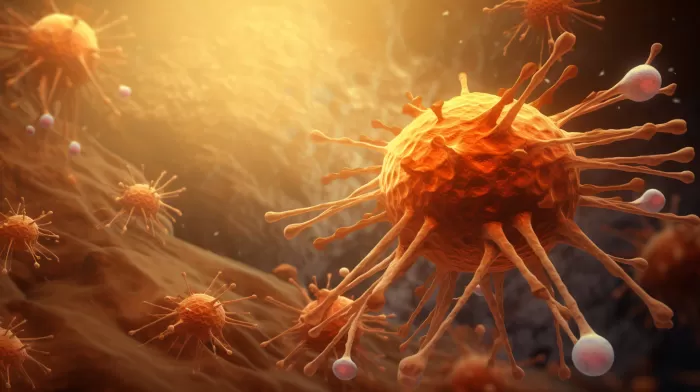Imagine a world where dangerous antibiotic-resistant bacteria could be eliminated without the use of harmful chemicals or expensive medications. This world isn’t as far away as you might think, thanks to groundbreaking research that harnesses the power of viruses to fight these harmful bacteria. In this article, you’ll learn about this novel technique and how it could revolutionize not just healthcare, but also environmental protection and water treatment.
The Battle of Microbes: Using Viruses to Destroy Bacteria
Researchers at the University of Missouri have discovered a way to use viruses to infect and destroy colonies of Pseudomonas aeruginosa, a common disease-causing bacteria. This finding could provide a valuable weapon in the fight against antibiotic-resistant bacteria, a growing public health concern that threatens millions of people worldwide.
The viruses used in this research are known as bacteriophages. These tiny organisms are not harmful to humans, but they can efficiently kill certain types of bacteria. By using bacteriophages in water treatment facilities, it may be possible to eliminate previously untreatable antibiotic-resistant bacteria and reduce the incidence of water-borne diseases.
How Do Bacteriophages Work?
Bacteriophages are viruses that specifically target and infect bacteria. When a bacteriophage encounters a bacterium, it latches onto the cell and injects its genetic material. This genetic material takes over the bacterial cell’s machinery, forcing it to produce more bacteriophages, ultimately causing the cell to burst and release hundreds of new bacteriophages. These new viruses seek out more bacteria to infect, continuing the cycle and potentially wiping out entire populations of harmful bacteria.
The Power of Bacteriophages in Water Treatment
One of the major advantages of using bacteriophages to combat harmful bacteria is their selectivity. Unlike chemical treatments, such as chlorine, that indiscriminately kill both good and bad bacteria, bacteriophages only target specific strains of harmful bacteria. This means that beneficial bacteria – such as those used to break down waste in water treatment plants – are largely unaffected by the presence of bacteriophages.
This selectivity can be particularly helpful in dealing with biofilms, which are layers of bacteria growing on solid surfaces. Biofilms can be found in numerous environments, from water pipes to medical equipment, and are notoriously difficult to remove. Researcher Zhiqiang Hu explains, “Our experiment was the first to use bacteriophages in conjunction with chlorine to destroy biofilms.”
Promising Results in the Battle Against Biofilms
In tests conducted by the University of Missouri researchers, treatment with bacteriophages followed by chlorine eliminated an impressive 97 percent of biofilms within just five days of exposure. On their own, the viruses removed 89 percent of biofilms, while chlorine alone was only able to remove 40 percent.
These results demonstrate the powerful potential of using bacteriophages to combat harmful bacteria in water treatment facilities and other environments where biofilms can be problematic. By replacing or supplementing traditional chemical methods with these viruses, it may be possible to not only eliminate harmful bacteria more effectively, but also to preserve beneficial bacteria and reduce the environmental impact of water treatment.
A Cost-Effective and Environmentally Friendly Solution
In addition to the health and environmental advantages, using bacteriophages in water treatment facilities could also lead to significant cost savings. As Hu explains, “viruses could be used to get rid of pathogenic bacteria in water filters that would otherwise have to be replaced. They could save taxpayers’ money by reducing the cost of cleaning water.”
By targeting only harmful bacteria and leaving beneficial bacteria intact, the need for costly replacement of water filters and other equipment could be reduced – which would ultimately benefit everyone who relies on clean, safe water to drink and use in their daily lives.
The Future of Bacteriophage Research and Application
While the results of these initial studies are extremely promising, further research is needed to fully understand the potential of bacteriophages in various settings and applications. As scientists continue to investigate the capabilities of these amazing viruses, it’s clear that they could play a vital role in the ongoing battle against antibiotic-resistant bacteria, as well as in preserving the health of our environment and the well-being of millions of people around the world.



